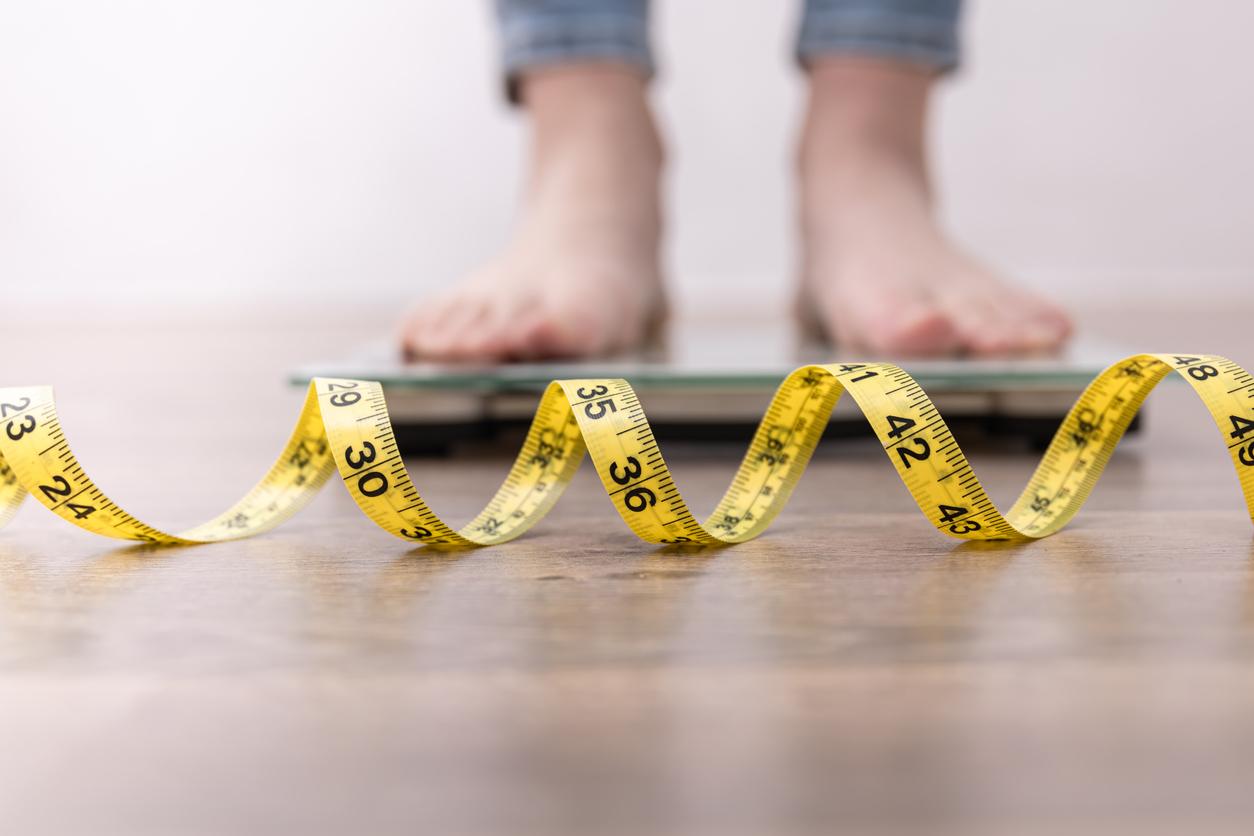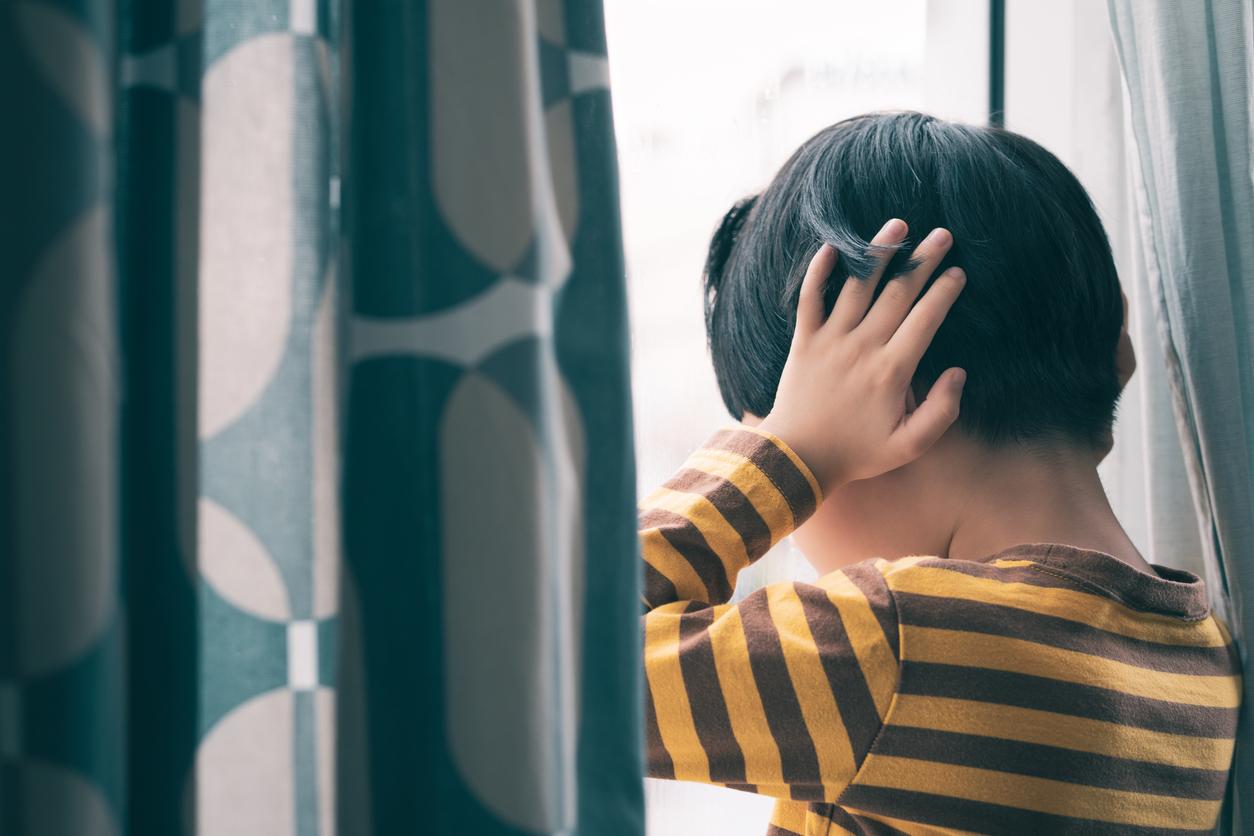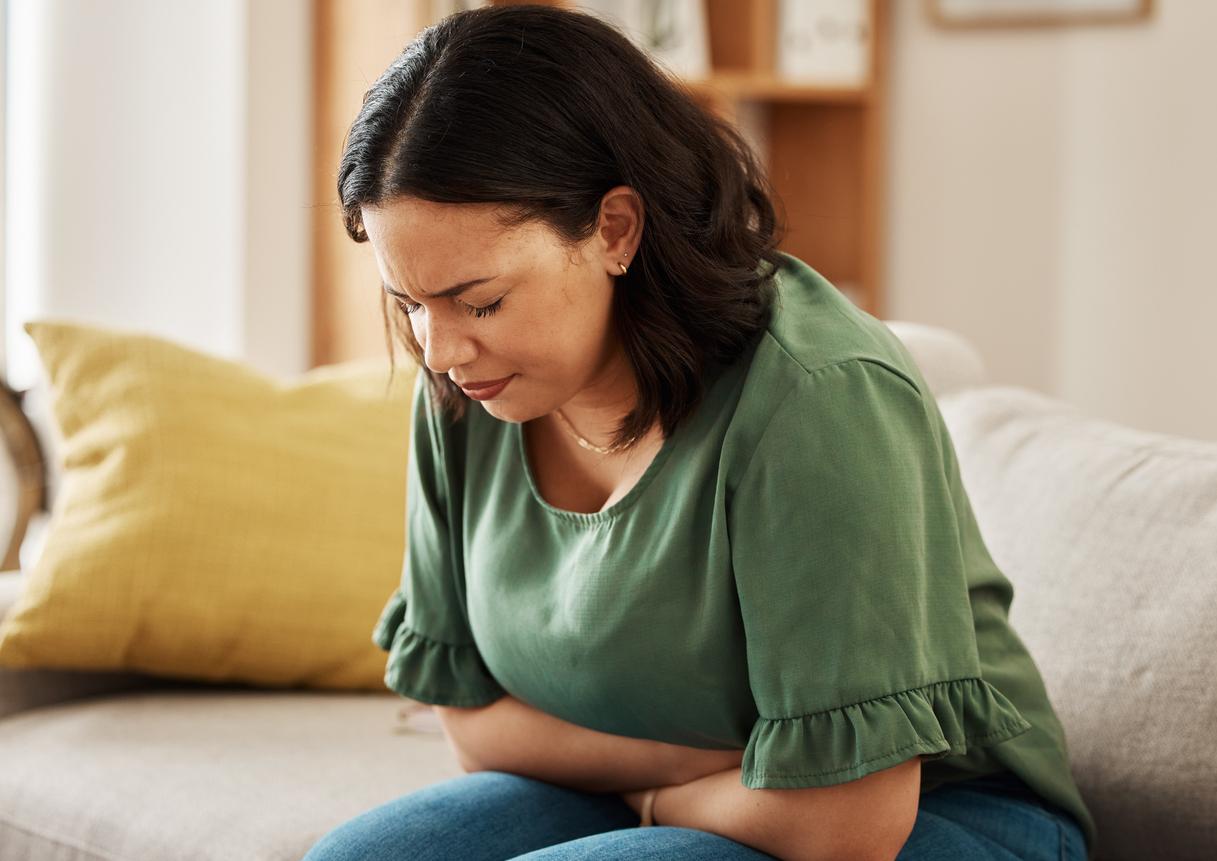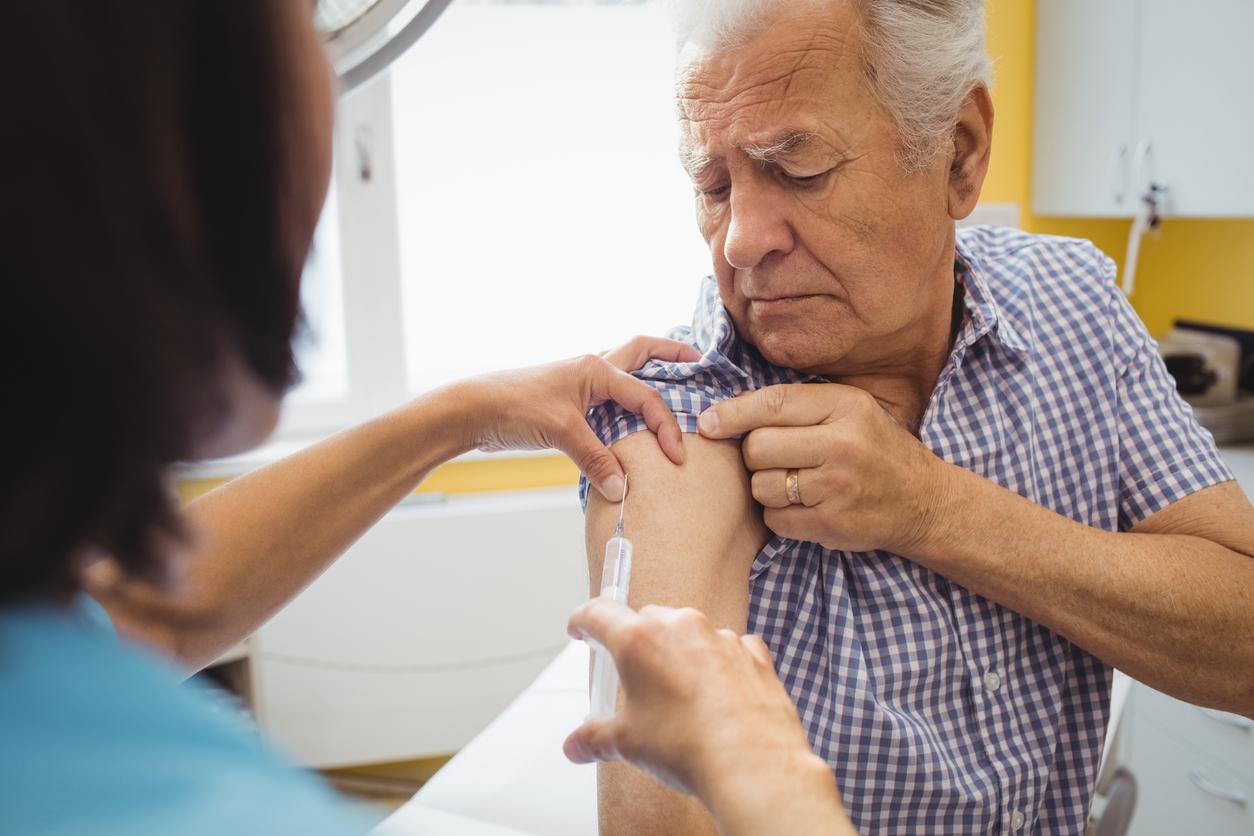71.5% of French people are against the delisting of homeopathy, according to a Why Doctor survey. Respondents explained their choice to us.

For or against the delisting of homeopathy? You gave us your opinion. More than 71.5% of you are against it, believing that homeopathic treatments are “effective”, “natural”, “inexpensive”, “without danger” or “side effects”. Homeopathy is “less toxic” than “products derived from petrochemicals and chemicals and much less expensive, it is nonsense to attack it”, declares one of our respondents on condition of anonymity.
Indeed, if homeopathic medicines are currently covered up to a maximum of 30% by social security on presentation of a prescription, Agnès Buzyn must receive the (advisory) opinion of the High Authority for Health this Wednesday on her office. to decide whether or not to maintain reimbursement. According to the first indiscretions, it would seem that this opinion decides in favor of the reimbursement.
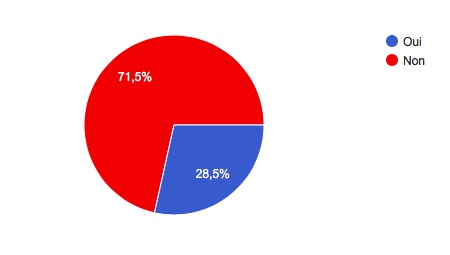
Cancellation “would be heresy”
However, according to another respondent, homeopathy “costs less for social security than the specialties of pharmaceutical groups”. But how much does it cost exactly? In 2016, 129,001,456 boxes of granules, liquid solutions and other homeopathic products were reimbursed, representing a cost of 56 million euros out of a total of 19 billion reimbursements. Homeopathy therefore represents around 0.29% of drug reimbursements made by social security each year.
“S‘there is no more homeopathy, we will all fall back on allopathy (traditional medicine, editor’s note) which costs much more and often leads to side effects”, explains a respondent. And another to specify: “I myself am a user, I could no longer afford it if the medicine is no longer reimbursed.” For the majority of our readers, dereimbursing homeopathy “would be heresy”.
Respondents unfavorable to the delisting explain having found in homeopathy a way to soothe “hay fever” (allergy), “cramps”, “rheumatism”, “angina”, “blood circulation” problems, flu-like symptoms, “the little sores of life”, etc. “Suffering from mastosis (most common breast condition in women, Editor’s note), I could no longer breastfeed my daughter, The gynecologist at the Grenoble hospital advised me homeopathy. I didn’t know about this therapy but the pain was such that I was ready to do anything to suffer less. I consulted a homeopathic general practitioner who gave me a fairly complicated but effective treatment.
A “placebo”, “shamanism”, “completely useless”
The skeptics call homeopathy a “placebo” and denounce “a lack of proof of effectiveness”. This “is shamanism”. “Completely useless”. “A vast humbug”. “I think it’s expensive to pay for a placebo,” said one of them. “Let’s also reimburse water and sugar,” quipped another. Or: “because sugar is not reimbursed, nor the magic kisses which have just as much a placebo effect”.
“Homeopathy heals morale and nothing else”. But doesn’t psychological well-being contribute to improving the state of health? “The psychological part has an important place in a course of care, explains a respondent unfavorable to reimbursement. Even if scientists think that homeopathy is only a kind of placebo, its usefulness is real if the patient feels that he is relieved.” Someone adds, “I’ve been using it for the whole family for 30 years, placebo or not, it works and it’s not harmful.”
Doctors divided, laboratories worried
The doctors are divided on the question and the manufacturers worried. Laboratories Boiron, Weleda and Lehning launched an online petition to support reimbursement of homeopathy, in particular because the threat of reimbursement alone caused Boiron’s orders to drop by 10%. “Where it took 10 people to prepare the orders, it only takes 7 to 8 people today”accurate to France Blue Benoît, head of the logistics department of the Boiron laboratory in Aubières, which supplies 660 pharmacies in Auvergne.
“This relentlessness against homeopathy is unprecedented. One wonders who can all of this benefit?” Asks the director of the premises Catherine Fourvel. “Not to the patient, who will no longer have a choice. Not to social security. In any case not to our laboratories which will have to lay off. But undoubtedly to others.”











